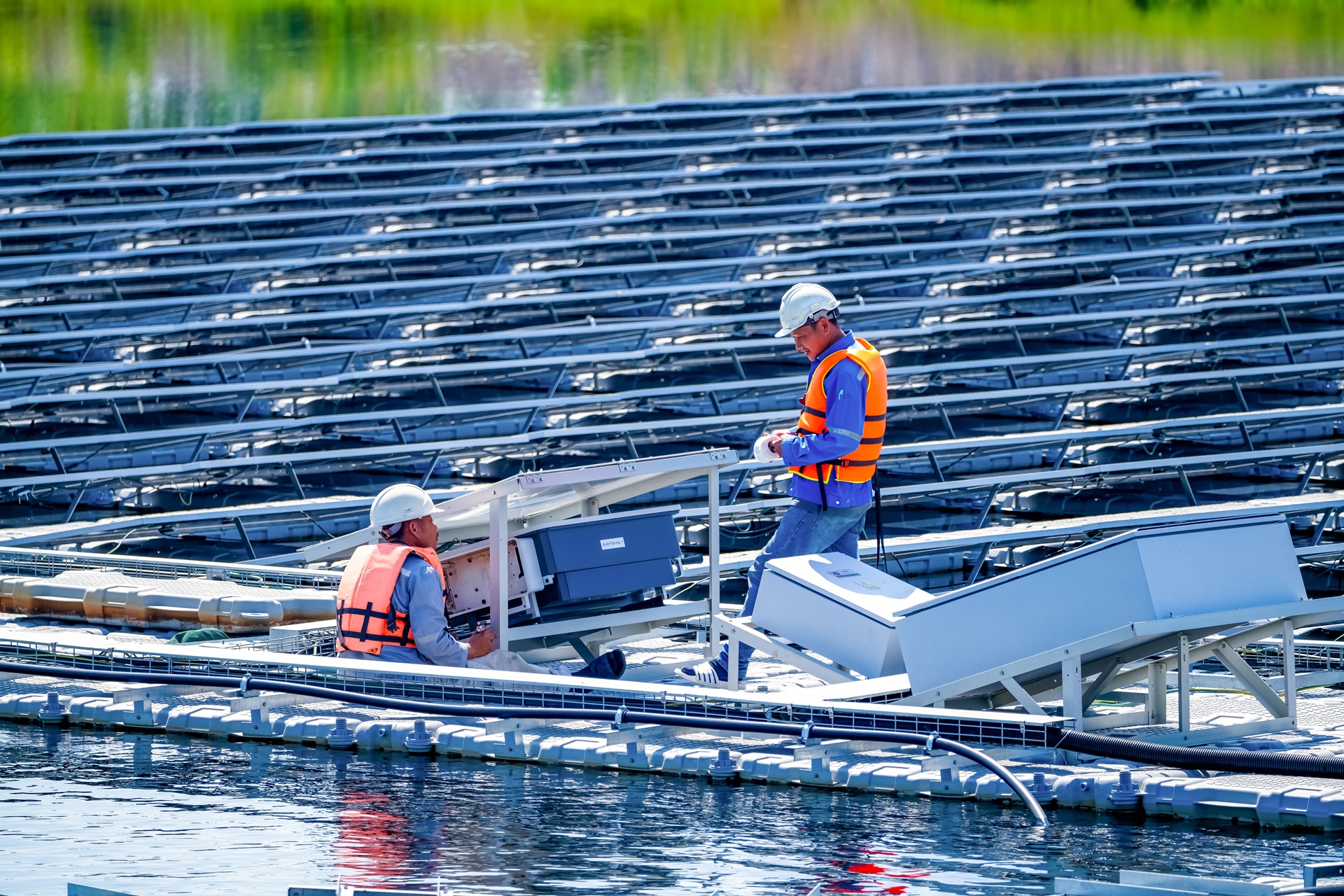As solar energy continues to grow in popularity across Australia, more homes and businesses are seeking innovative solutions to maximise the potential of their solar power systems. Solar batteries allow property owners to store excess solar energy, increasing their energy independence and reducing reliance on the grid. With an abundance of solar battery types and technologies available in the market, making an informed decision that aligns with your specific needs and objectives is essential for both residential and commercial solar installations.
In this comprehensive guide, we’ll delve into the various types of solar batteries, highlighting the differences and advantages each has to offer. By evaluating factors such as capacity, depth of discharge, and efficiency, we aim to provide you with the knowledge required to select the perfect solar battery storage solution for your solar power system. Furthermore, we’ll discuss expert installation tips and the benefits of partnering with an experienced solar energy provider like Western Elec for your solar battery needs.
1. Types of Solar Batteries: Comparing Your Options
Understanding the different types of solar batteries available is vital to make an informed decision on solar battery storage. Let’s explore some of the popular options:
Lead-Acid Batteries
Traditionally used in automotive applications, lead-acid batteries are an economical choice for solar energy storage. Two main types of lead-acid batteries are flooded lead-acid (FLA) and sealed lead-acid (SLA). FLA batteries require regular maintenance, while SLA batteries offer a low-maintenance alternative. Both options have a shorter lifespan compared to other solar battery types.
Lithium-Ion Batteries
Lithium-ion batteries are becoming increasingly popular due to their high energy density, long lifespan, and low maintenance requirements. They have a larger capacity, are lightweight, and can discharge deeper than lead-acid batteries, thus providing better efficiency. The downside is that they are generally more expensive.
Flow Batteries
Flow batteries are a relatively new technology with promising potential for solar energy storage. They provide a long cycle life and are highly scalable. However, they are typically large and expensive in their initial costs, making them better suited for commercial and utility-scale solar applications.
2. Evaluating Solar Battery Performance Factors
To choose the right solar battery for your home or business, you must consider various performance factors, including:
Capacity and Usable Capacity
Solar battery capacity refers to the total amount of energy that can be stored, measured in kilowatt-hours (kWh). Usable capacity, on the other hand, is the amount of energy that can be accessed without compromising the battery’s efficiency and lifespan. Always consider the usable capacity while making a decision.
Depth of Discharge (DoD)
DoD represents the percentage of a solar battery’s capacity that can be discharged in a single cycle. Higher DoD indicates a longer battery life and better efficiency, as it allows more energy to be utilised in each cycle.
Efficiency
Solar battery efficiency refers to the proportion of energy that can be drawn from the battery relative to the amount initially stored. High-efficiency batteries ensure you get the most energy out of your investment.
3. Expert Installation Tips for Solar Batteries
Ensure a smooth and efficient solar battery installation by following these expert tips:
Choose the Right Location
Select an appropriate location for your solar battery storage. While some batteries can be installed both indoors and outdoors, others may require a sheltered or temperature-controlled environment. Consult with your solar battery provider to determine the best location based on your specific battery type.
Match Battery Capacity with Solar System Size
When selecting a solar battery, ensure its capacity aligns with your solar energy system’s size and energy consumption patterns. Partnering with an experienced solar provider like Western Elec ensures you receive tailored recommendations for your solar battery needs.
Comply with Local Regulations and Safety Standards
Solar battery installations must adhere to local regulations and safety standards. Engaging a reputable installation team will ensure your solar battery system is installed safely, meets all requirements, and is optimised for peak performance.
4. Benefits of Solar Battery Storage for Residential and Commercial Solar Systems
Investing in solar battery storage for your residential or commercial solar power system unlocks numerous advantages:
Greater Energy Independence
By storing excess solar energy, solar batteries increase your energy self-sufficiency, reducing reliance on grid power and the associated costs.
Enhanced Backup Power
Solar battery storage ensures you have access to reserve power during outages or periods of peak electricity demand, providing added peace of mind.
Maximised Return on Investment
Storing unused solar energy for later consumption allows you to maximise the value of your solar panel system by reducing the amount of electricity you need to purchase from the grid.
Conclusion
Solar batteries are a valuable addition to both residential and commercial solar power systems, offering energy independence, enhanced backup power, and maximising your investment’s returns. By understanding the different solar battery types and evaluating performance factors such as capacity and efficiency, you can confidently choose the perfect solar battery storage solution for your solar energy system. Trust us to help you navigate these choices and expertly install your ideal solar battery solution.
Embark on the path to solar power success by partnering with Western Elec for your solar battery installation. Our team of experienced technicians offers customised solutions that cater to your specific needs, backed by exceptional support and maintenance services. Reach out to us today to discuss your solar battery options and discover the benefits of working with us for all your renewable energy requirements.


